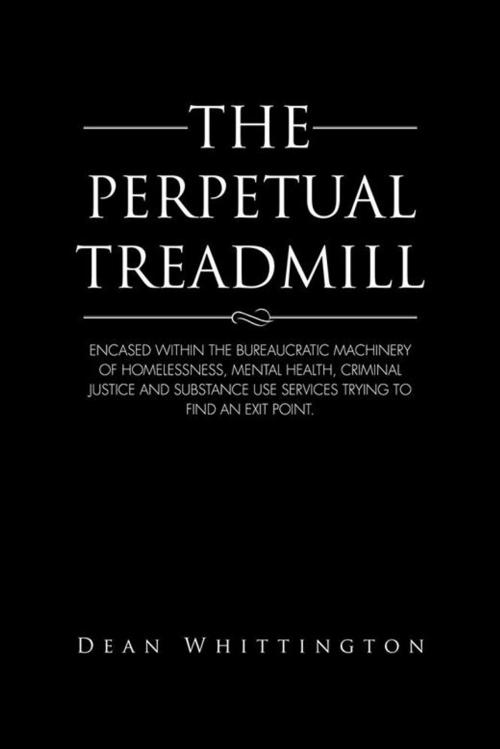The Perpetual Treadmill
Encased Within the Bureaucratic Machinery of Homelessness, Mental Health, Criminal Justice and Substance Use Services Trying to Find an Exit Point.
Nonfiction, Health & Well Being, Psychology, Addictions, Social Psychology| Author: | Dean Whittington | ISBN: | 9781496985699 |
| Publisher: | AuthorHouse UK | Publication: | September 11, 2014 |
| Imprint: | AuthorHouse UK | Language: | English |
| Author: | Dean Whittington |
| ISBN: | 9781496985699 |
| Publisher: | AuthorHouse UK |
| Publication: | September 11, 2014 |
| Imprint: | AuthorHouse UK |
| Language: | English |
The Perpetual Treadmill is a care pathway devised to ensnare the poor within a never ending treatment system for their own good, after they have been labelled with their designated malaise. Once caught within it, similar to Kafkas Trial and Castle, they are wedged within its corridors where they are forever signposted between services. This book draws on the analogies of knights and knaves by building on Bath of Steel to focus on how this system has been constructed and then maintained.
To depict its shortcomings, it has been ranged against a psychologically informed perspective (PSIP) to show how those entrapped can eventually exit the perpetual treadmill. But there are numerous vested interests which militate against those clients, duly labelled from ever emotionally recovering. The interplay between politicians, bureaucrats, academics, practitioners and clients is explored to detail how the poor have become a raw material which feeds this machine.
This book is relevant to psychotherapists, addiction specialists, psychologists, sociologists, criminologists, clinical psychologists, psychiatrists, social workers, social policy experts and nurses.
The Perpetual Treadmill is a care pathway devised to ensnare the poor within a never ending treatment system for their own good, after they have been labelled with their designated malaise. Once caught within it, similar to Kafkas Trial and Castle, they are wedged within its corridors where they are forever signposted between services. This book draws on the analogies of knights and knaves by building on Bath of Steel to focus on how this system has been constructed and then maintained.
To depict its shortcomings, it has been ranged against a psychologically informed perspective (PSIP) to show how those entrapped can eventually exit the perpetual treadmill. But there are numerous vested interests which militate against those clients, duly labelled from ever emotionally recovering. The interplay between politicians, bureaucrats, academics, practitioners and clients is explored to detail how the poor have become a raw material which feeds this machine.
This book is relevant to psychotherapists, addiction specialists, psychologists, sociologists, criminologists, clinical psychologists, psychiatrists, social workers, social policy experts and nurses.















